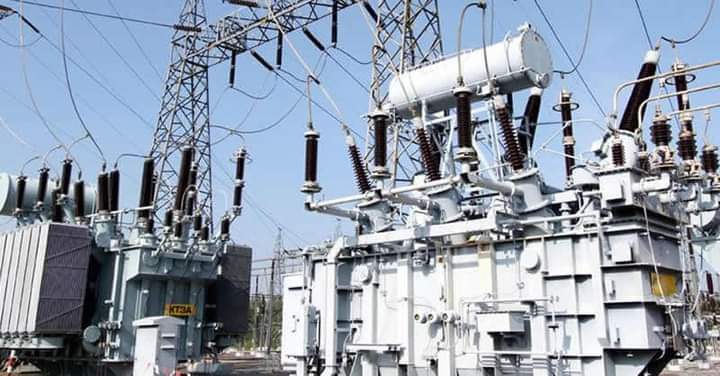By Kingston Magare
Nigerians once against experienced a national blackout after the country’s power grid collapsed twice in 24 hours.
The first occurred Monday evening when power transmission dropped to 0.00 megawatts and again the nation was plunged into lights-out around 9.17am on Tuesday morning.
“Dear Valued Customer, Kindly be informed there was a system collapse at 09:17hrs which has resulted to a loss of power supply across our network,” the Eko Electricity Distribution Company (EKEDC), posted on its X handle as Lagosian pondered what might have gone wrong.
“We are currently working with our partners as we hope for speedy restoration of the grid. We will keep you updated as soon as power supply is restored.”
Commenting on the development Labour Party presidential candidate in the 2023 elections Mr. Peter Obi lamented the reoccurring power outages due to the frequent system collapse in the country.
“For the umpteenth time, the national grid has collapsed, plunging a huge part of the nation into darkness and exposing the fragility of Nigeria’s power infrastructure,” Obi posted on his X handle.
“This recurring disaster is a national shame and a glaring testament to the failure of leadership and policy implementation at the highest levels.
“How long must Nigerians endure a system that fails to provide one of the critical necessities for a productive society?
“This latest power grid collapse is emblematic of a leadership and government that have consistently failed to prioritise the welfare and economic well-being of the people.
“We all know the immense importance of power supply to the transformation of our economy. Its support to SMEs, which are the engine of job creation and a major contributor to our GDP, is immeasurable.”
Obi also criticised the disparity between Nigeria’s power generation capacity and that of other African nations. Obi highlighted the differences between Nigeria and economies like South Africa, Egypt, and Algeria.
“Today, we are the fourth largest economy in Africa, having fallen from the number one position due to leadership failure over the years, including the persistent power crisis.
“The disparity in power generation is a reflection of the deep-rooted governance deficit that continues to hold back our growth and potential,” Obi added, stressing that Nigeria, despite its larger population, generates significantly less electricity compared to smaller economies.


